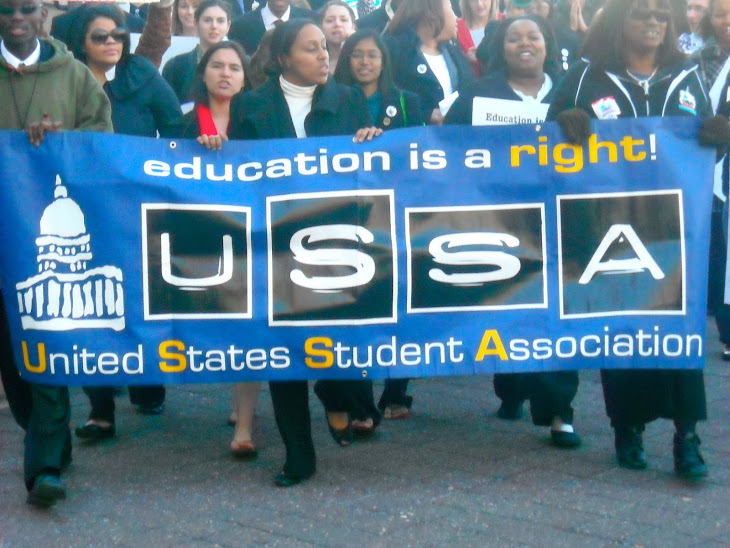Much of the debate over the Student Aid and Fiscal Responsibility Act has concerned the elimination of federal subsidies to private lenders and monumental funding increases to government aid programs. While these historic reforms are certainly receiving their due attention, one vital provision is being overlooked: Ending the policy of denying aid to drug possession convicts.
Currently, a student with a drug conviction, even as minor as a misdemeanor marijuana possession charge, is denied federal financial aid. This policy was slipped into the Higher Education Act reauthorization in 1998 by Representative Mark Souder of Indiana. Since its inception, 200,000 students have been denied aid because of this law and countless others have been deterred from even applying.
There are several reasons why this policy doesn't make sense. First, and most curiously, only students with drug convictions are denied aid under the law. Someone with a homicide conviction can be eligible for federal loans while someone with a marijuana possession charge is not. Second, this is the wrong way to be fighting our nation's drug problem. If a low-income student with a possession charge is denied the financial aid necessary to attend college, isn't it more likely he or she will slip back into the cycle of poverty and drug use that led to the conviction in the first place?
Supporters of the policy often talk about how attending drug rehabilitation programs will allow a convict to be eligible for aid. Taking this a step further, however, begs the question of can someone who can't afford tuition really pay for private rehab classes? In 2002, the Substance Abuse and Mental Health Services Administration concluded that the average cost for drug abuse treatment was $1,433 per course!
Lastly, not even the research arm of the federal government supports the policy. The congressionally-created Advisory Committee of Student Financial Assistance recommended that Congress remove the drug question from the FAFSA, calling it "irrelevant" to aid eligibility. Even the Government Accountability Office recently indicated that it could find no evidence that the penalty "actually helped to deter drug use."
It is time that Congress finally remove this unnecessary and nonsensical barrier to a college degree for those who need it most.

No comments:
Post a Comment